What can you do about bad body odor in the backcountry?
Body odor is a natural by-product of having fun in nature, but there are things you can do to minimize offensive smells
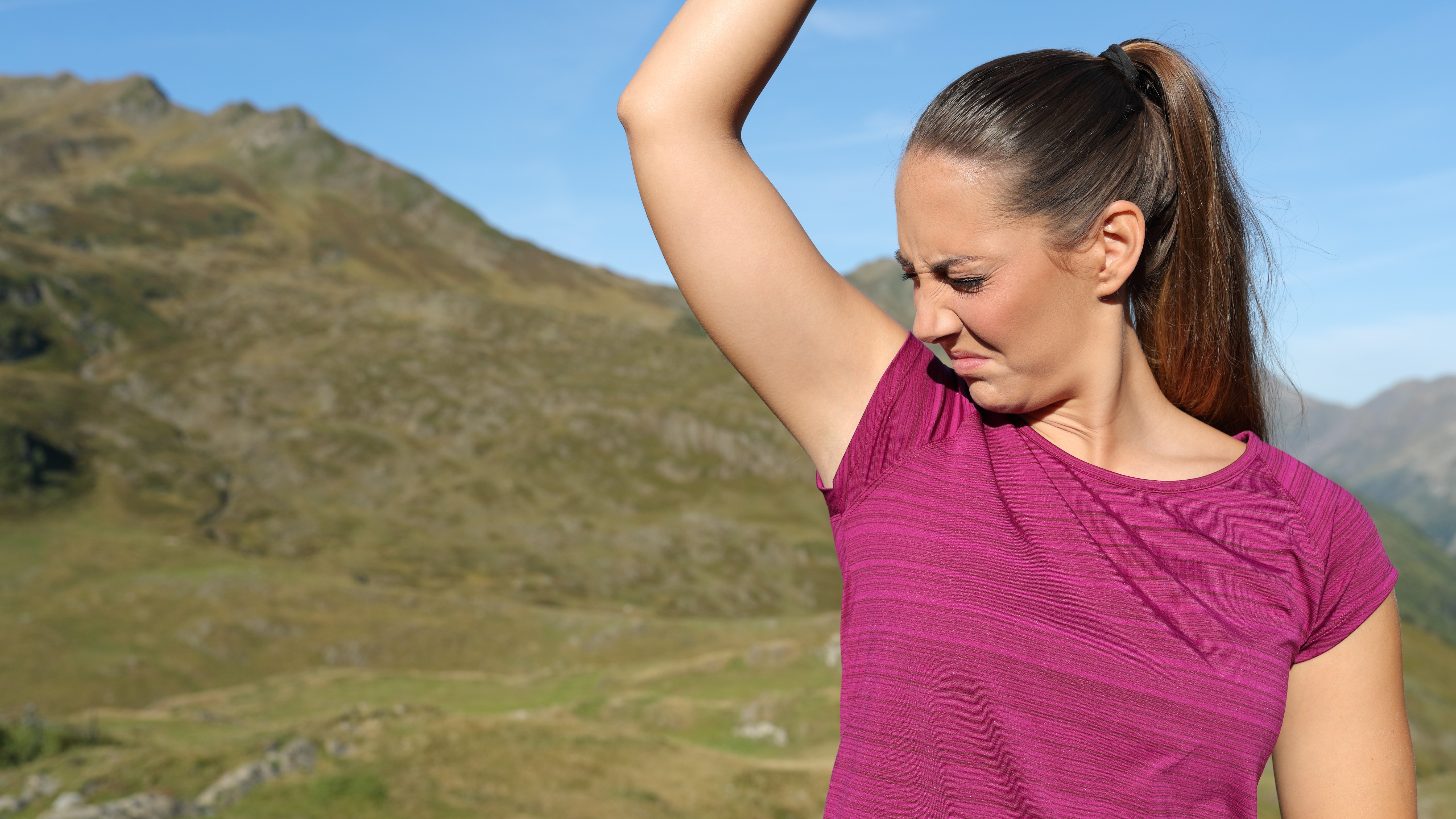
All the latest inspiration, tips and guides to help you plan your next Advnture!
You are now subscribed
Your newsletter sign-up was successful
If you’ve led an adventurous life, you’ve definitely had moments when your personal hygiene erred on the side of offensive. I know I’ve caught a whiff of myself after a week or two camping in Moab and wondered how many friends have been able to stand the smell of me.
Many hikers, myself included, just get on with the backcountry side effect of body odor, accepting it as a necessary by-product of getting to romp around in nature, but for others it can be a genuine source of embarrassment. I had a woman join one of my Yosemite hiking retreats years ago who ended up driving herself 45 minutes out of the park just to find a shower, though none of us had noticed anything particularly exceptional about her scent.
If you’re planning on some longer backpacking trips or even a thru-hike, you might feel nervous about maintaining personal hygiene, or even just keen not to have to smell stale sweat for weeks on end, so we’ve put together the down-and-dirty details of what causes body odor, and how to minimize it on your long adventures.
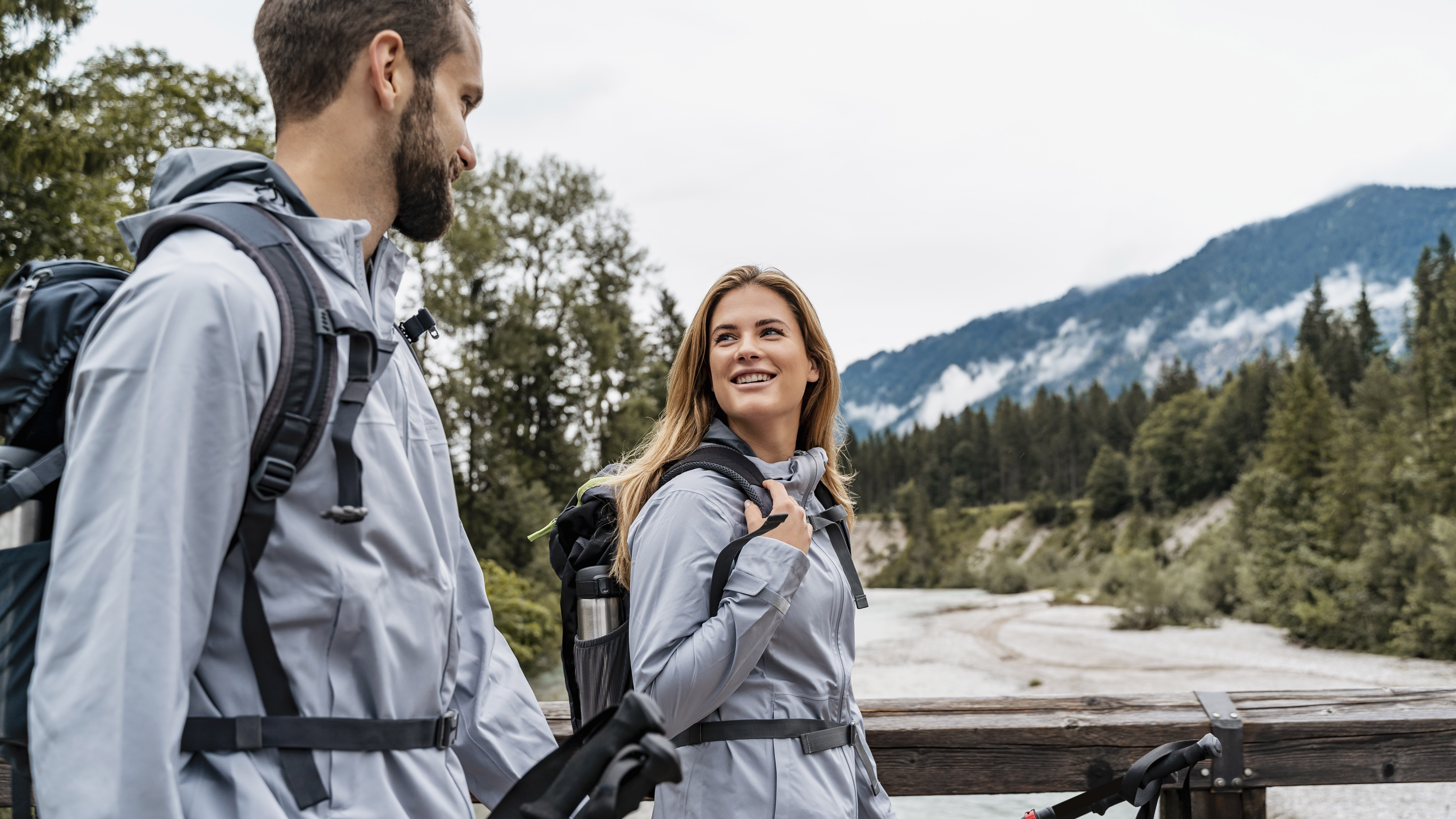
What causes B.O.?
Body odor, or B.O. as it’s better known, is a universal experience for everyone who doesn’t shower three times a day – but what is it? Sweat, after all, is almost entirely water, with trace amounts of salt, protein, urea, and ammonia, and you may have noticed that you’ve sweated plenty of times in your life and it wasn’t smelly.
According to Harvard Health, there are two types of sweat glands: eccrine glands, which occur over most of your body, and apocrine glands are found in areas where you have hair, such as your armpits and groin. Apocrine glands release an odorless milky fluid which the harmless bacteria on your skin love. When those bacteria come into contact with your sweat, the pungent fragrance we call B.O. develops.
When you’re out on the hiking trail or camping for a long stretch, the problem is compounded because you’re not typically washing your clothes with any regularity. The bacteria and smell get absorbed into your base layer, fleece jacket, socks, underwear and even your pants if you’re wearing leggings, then stay with you even after you’ve washed your body.
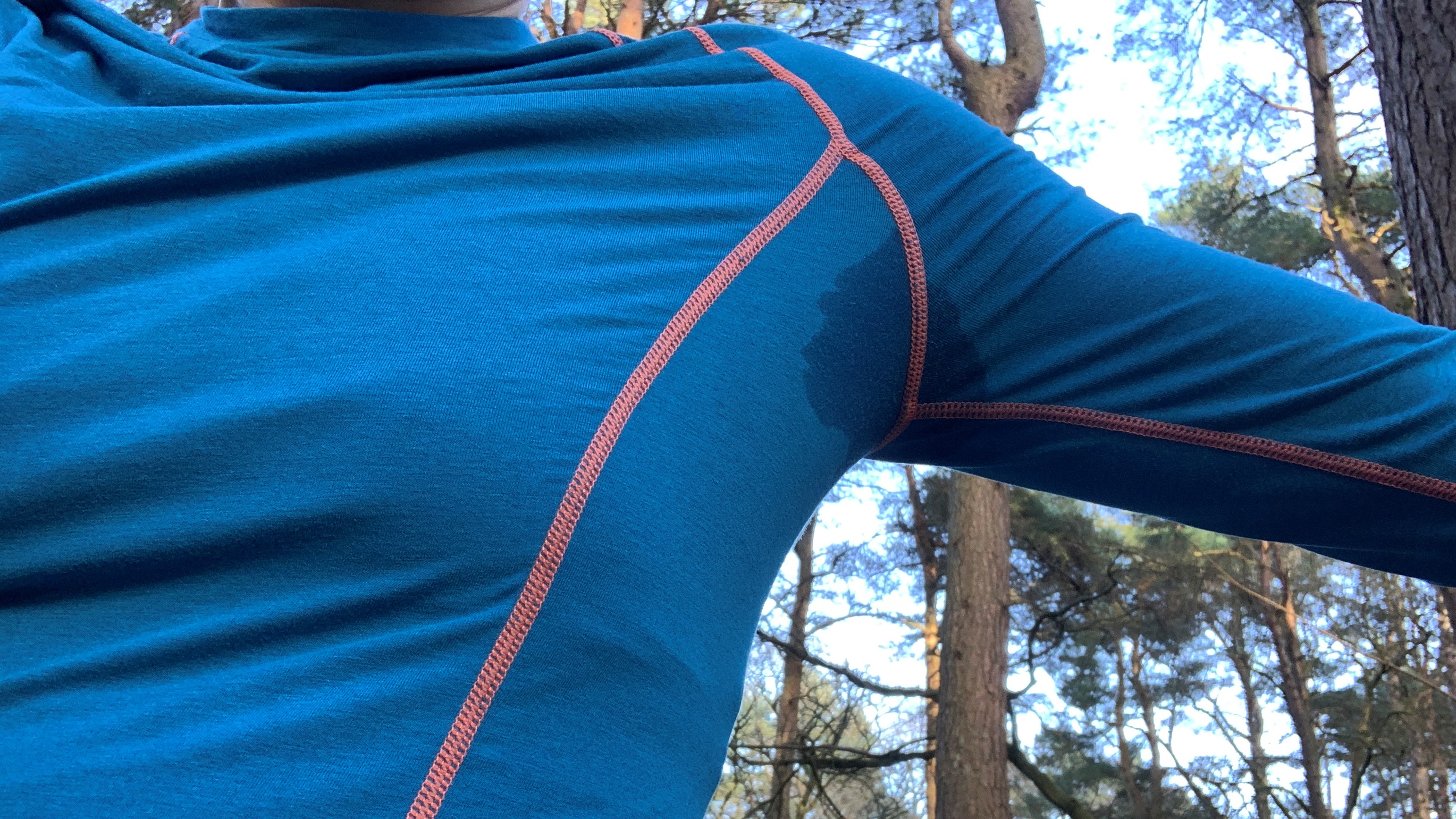
Is B.O. harmful?
Being smelly can be unpleasant, but is it an actual health risk? Not in itself – as we said, it’s just water, salt and some bacteria that already resides on your skin. The only time a problem might arise is if your severe B.O. is due to an extended period of not washing and letting external grime build up. In that case, open wounds caused by your careless use of your camping knife, chafing from your sports bra or burst blisters run the risk of becoming infected, so practicing some personal hygiene on a backpacking trip can have benefits beyond just making you more popular.
All the latest inspiration, tips and guides to help you plan your next Advnture!
How to control B.O. in the backcountry
It’s impossible to completely eliminate B.O. when you’re out on the trail for days, weeks or months on end, and you may not want to carry deodorant around, but there are still a few things you can do to help keep things under control.
1. Rinse, wipe, sanitize
Though you might be glad to see the back of many of your daily chores when you’re on a trek, the best thing you can do is have a regular wash to get that bacteria/sweat mix off your skin.
A quick wipe at the end of the day (before you get into your sleeping bag) will make a big difference, whether that means using wet wipes, taking a wild swim or using a bandana soaked in water. One of my favorite hacks is to use hand sanitizer on my armpits, which eats up all that bacteria and is now usually widely available in businesses whenever you’re passing through town.
For more ideas, read our article on how to take a shower in the backcountry and remember, if you’re bringing soap or deodorant to bear country, make sure it’s unscented and hang it in your bear bag.

2. Embrace the wonders of wool
In case you don't already know, clothes made from synthetic fabrics get – and stay – far stinkier than those made from merino wool, which has the added bonus of providing insulation as well as sweat-wicking properties. It’s truly a wonder fabric – opt for merino wool-based shirts and base layers, socks and underwear and you’ll notice a huge difference when it comes to the stench in the places where you sweat the most.
3. Air out your clothes
As we mentioned, most of the problem comes from smells building up in your clothes and airing your clothes out each day might help a little. Ideally, carry an extra T-shirt or base layer so you can whip off the ripe top you’ve been wearing at the end of the day, along with your socks and underwear, and hang them all up to air out, preferably in the sun light as it’s thought that can help remove bacteria-causing odor.
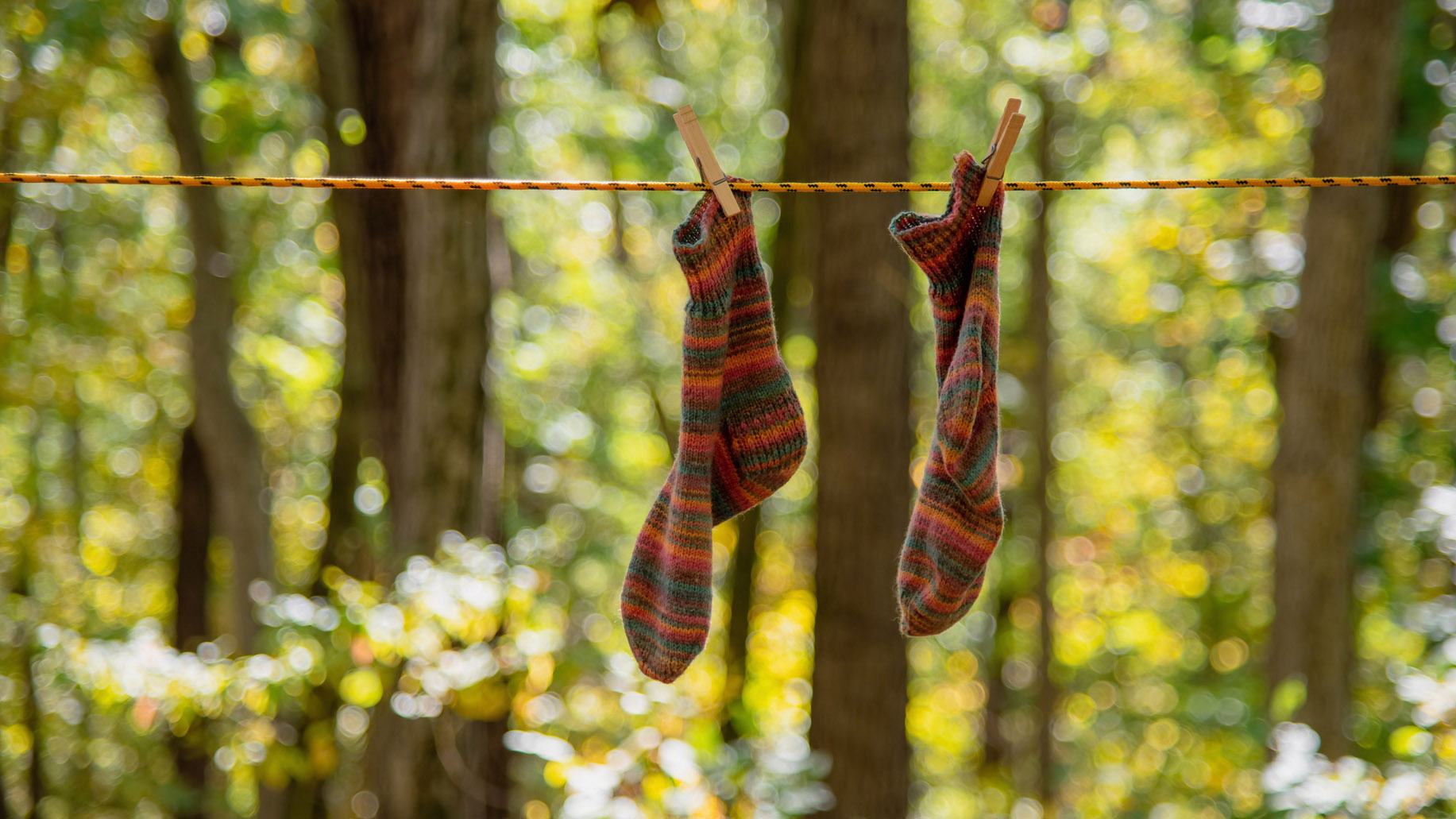
4. Do some laundry
If you are out on the trail for over a week, it’s a good idea to make a plan to wash your clothes, otherwise no amount of hand sanitizer in your pits will make an ounce of difference. For thru-hikes, obviously you can wash your clothes properly on your rest days when you’re refueling, and when you’re staying in the backcountry, seize a day when you arrive at camp early and the weather is good and give your clothes a wash in a river or lake so they have plenty of time to dry before the morning.
5. Use a sleeping bag liner
You might be able to handle smelly pits for a few days, but nothing is worse than climbing into a B.O.-infused sleeping bag at the end of a long day on the trail. Make sure to use a sleeping bag liner for long trips, which you can more easily wash, and air out your sleeping bag and liner in the morning while you’re having breakfast to keep the pong down.
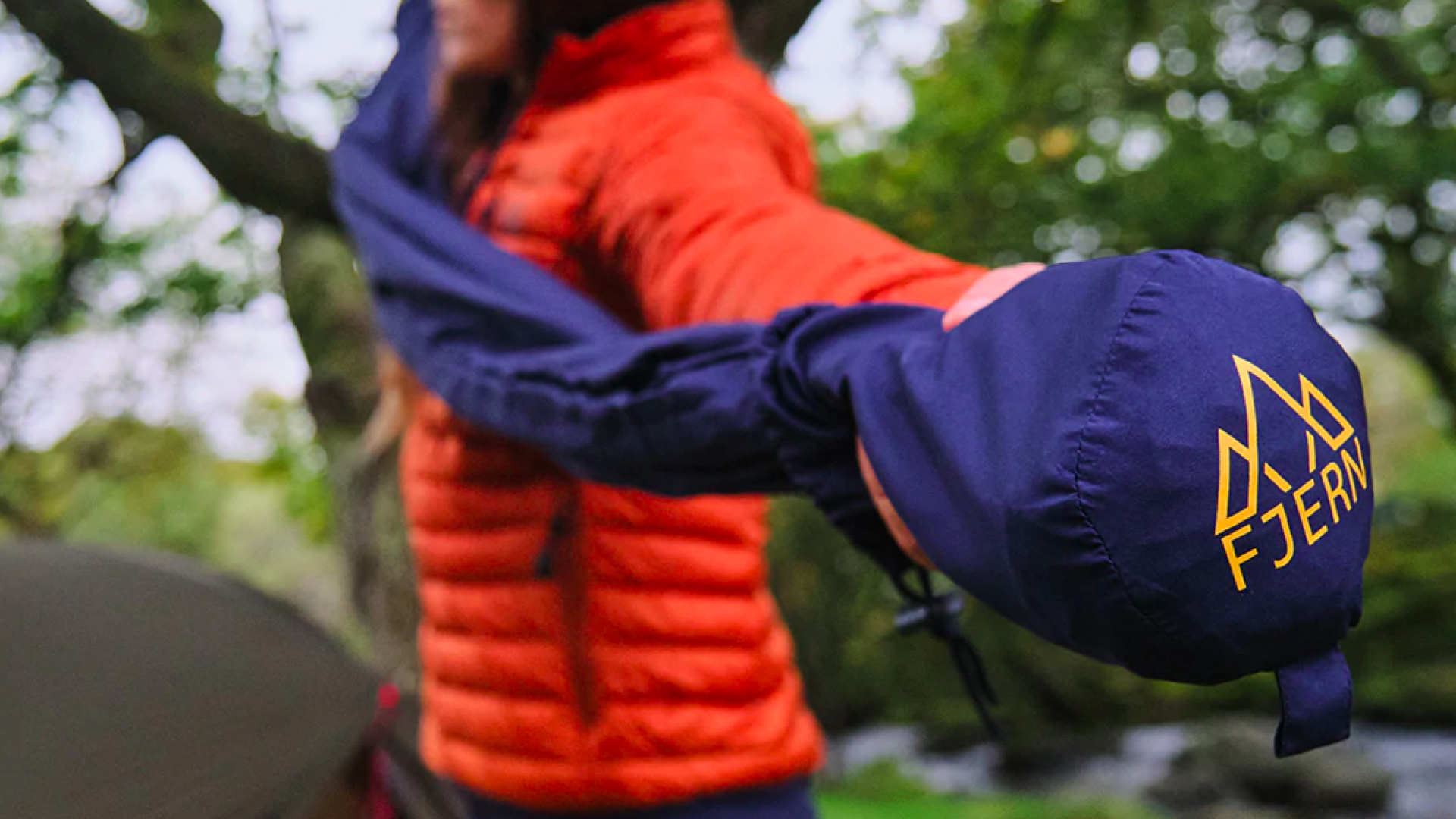
6. Don’t stress
Finally, don’t stress about being a little ripe on the trail – every hiker sweats and literally no one expects you to smell like the Body Shop. Chances are, no one will even notice, at least until you get to town or catch the bus home, then it might be a good idea to wash up in some public toilets or risk death stares.
Julia Clarke is a staff writer for Advnture.com and the author of the book Restorative Yoga for Beginners. She loves to explore mountains on foot, bike, skis and belay and then recover on the the yoga mat. Julia graduated with a degree in journalism in 2004 and spent eight years working as a radio presenter in Kansas City, Vermont, Boston and New York City before discovering the joys of the Rocky Mountains. She then detoured west to Colorado and enjoyed 11 years teaching yoga in Vail before returning to her hometown of Glasgow, Scotland in 2020 to focus on family and writing.

